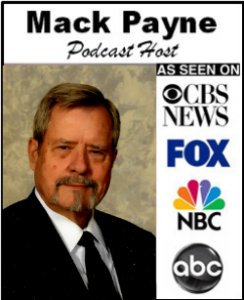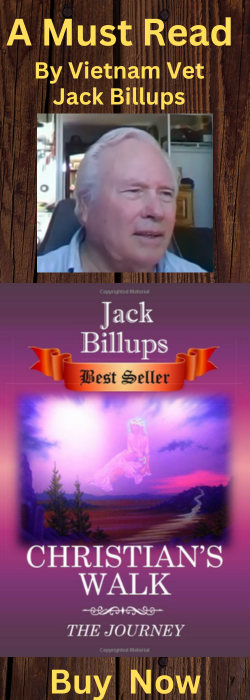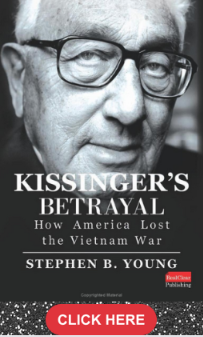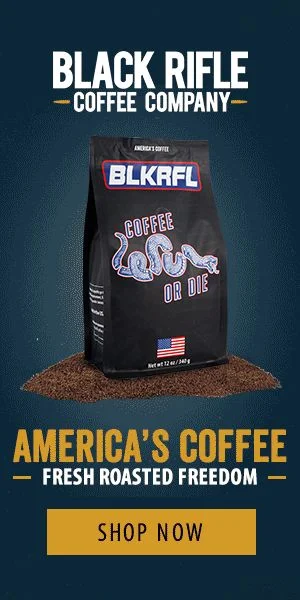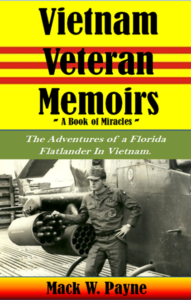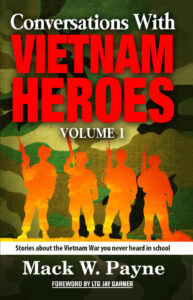Podcast: Play in new window | Download
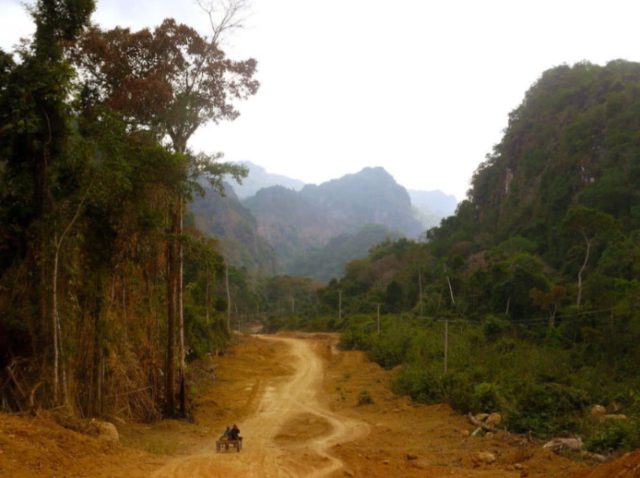
The Hồ Chi Minh Trail through the mountains and jungles of Vietnam, Laos and Cambodia. Reprinted with the permission of the editor of the Open Journal of Soil
Science.
Episode 2845 of the Vietnam Veteran News Podcast will feature a portion of a paper just received about why chemical weapons were used in the Vietnam War. The paper was provided to this podcast by the Merry Band of Retirees. The title of the paper is: Review and Analysis: Evaluation of the Impacts and consequences of Using Agricultural Herbicides as Military Chemical Weapons in Second Indochina.
The paper was submitted by Kenneth R. Olson, College of Agricultural, Consumer, and Environmental Sciences, University of Illinois, Urbana, USA and David R. Speidel1, USDA Resource Conservationist and Agricultural Consultant with Natural Resource, Conservation Service and Foreign Agricultural Service, Benton, Missouri, USA.
In this episode, the influence of American ambassadors to Laos and how it affected the decision to use herbicides in Vietnam will be reviewed. It is important to learn as much as we can about events and circumstances that resulted in the use of chemical weapons in the Vietnam War.
Five Ambassadors were assigned to Laos 1960-75. Three, all officers, had WWII combat experience. One received 7 distinguished Flying Crosses and 21 Air Medals. Another was at D-Day and participated in Okinawa invasion. Two Ambassadors went on to higher positions of influence for SE Asia in the Department of State.
The sixth, an Ambassador at Large, W. Averell Harriman, a notable SE Asia policy maker until 1969 had experience back to FDR as Franklin’s Lend-Lease organizer and Ambassador to Moscow.
These men would have not have bothered to try to understand the complicated herbicide formulation of 2,4-dichlorophenoxyacetic acid (2,4-D) and 2,4,5-trichlorophenoxyacetic acid (2,4,5-T) with unknown amounts of dioxin TCDD.However, their beliefs and opinions did influence senior policy makers.
Listen to episode 2845 and discover more about the historical events that led to our use of chemical weapons in Vietnam.


